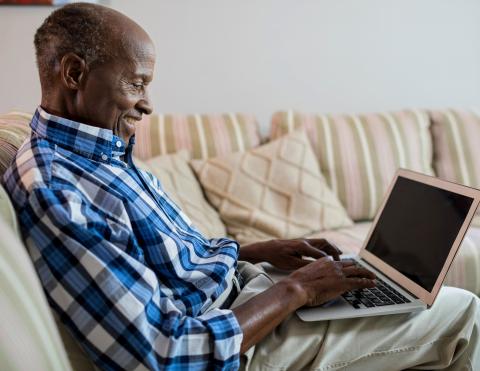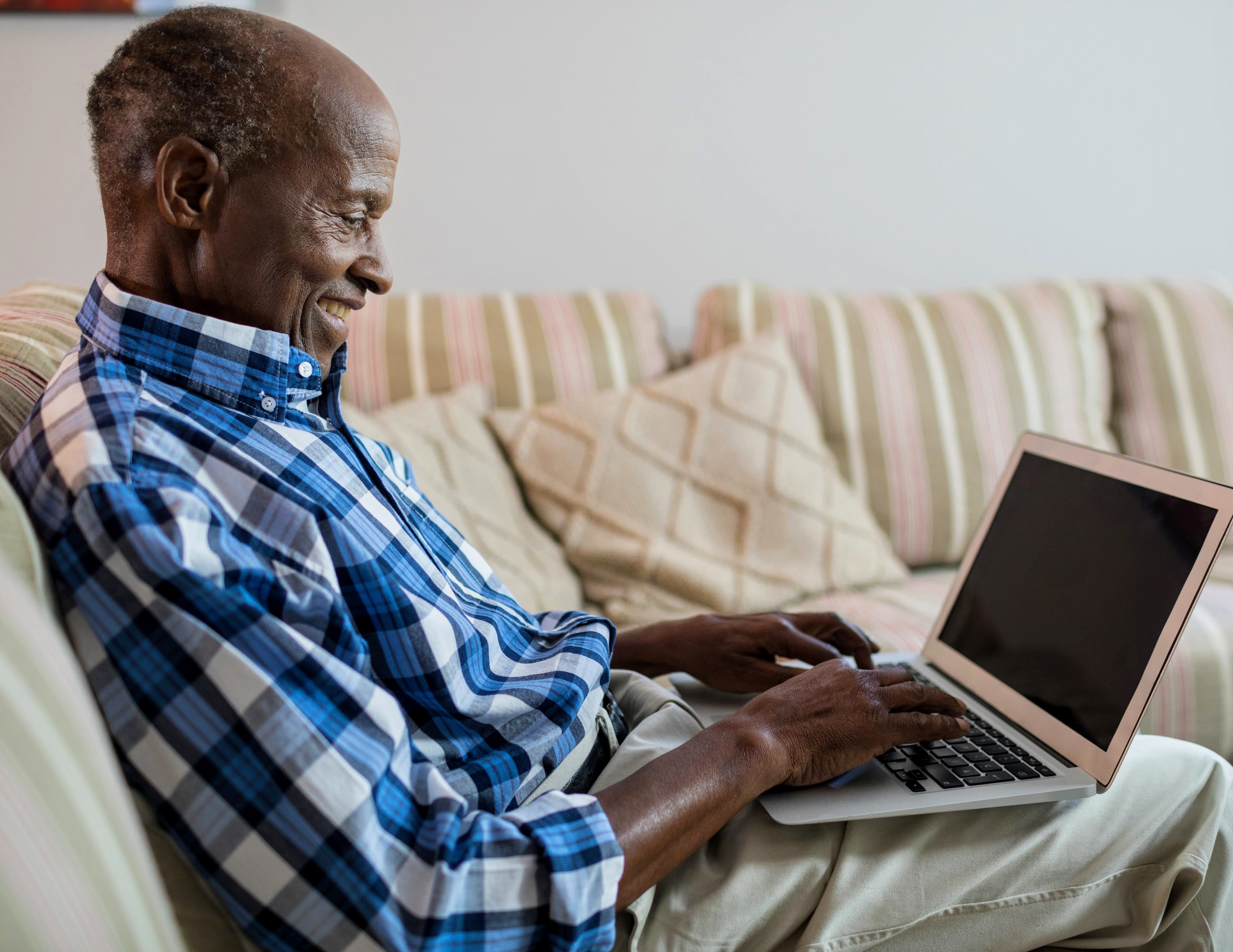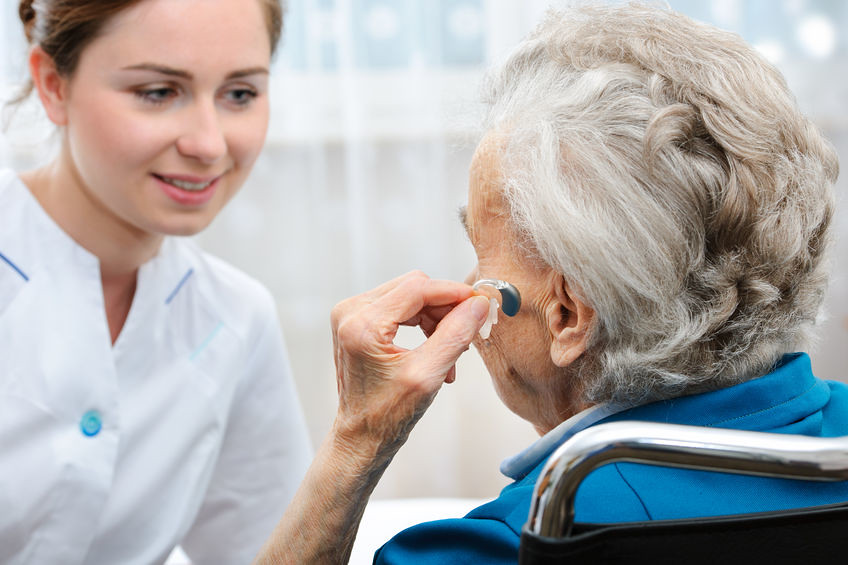
During the COVID19 outbreak, our minds are flooded with thoughts like our work, children going back to school, and our Seniors’ safety. So how can we do this while following social distancing?
Keeping seniors active and engaged during COVID19, will benefit all involved. One benefit of COVID19 is that families are finding more ways to be closer together with their Seniors.
As Seniors age in place during these trying times, it has become glaringly clear just how important it is to have connections between family, friends, and their care network to remain happy and healthy. It has been proven time and time again that human interaction is vital to maintaining a high quality of life. This is a primary concern for about 30% of those surveyed in the United States Aging Survey. Fostering relationships were more important than financial resources.
Specific Health Benefits Of Social Interaction In Older Adults Include:
- Potentially reducing the risk of cardiovascular problems, cancer, osteoporosis, and rheumatoid arthritis.
- Lower blood pressure.
- Reduced risk for mental health issues such as depression.
- Help with cognitive abilities, reducing long-term decline, and warding off Alzheimer’s and Dementia.
- Improve physical well-being and overall happiness.
There are a number of activities family and friends can do with Seniors to keep everyone safe and socially engaged:
Video Chats
Video Chat tools, such as Zoom or Google Meet are a great way for everyone to personally connect. You can play card games, do crafts, work on puzzles, or develop new skills while video chatting. Seniors love gin rummy, painting, or creating something.
Pen Pals:
Order some envelopes, stationery, and stamps online and send them to everyone participating. Work towards a goal of one letter or an engaging piece of mail a week (maybe an article or artwork from a younger family member or friend). Not only will sending and receiving mail benefit Seniors, but it’ll also help younger family members learn the finer skill of letter writing. Writing letters or sending cards benefits creativity, reflection, mindfulness, and self-reflection.
Do you remember the last time you had a pen pal, of how excited you were to receive mail from them? It’ll be such a great way to boost everyone’s spirits. How nice will it be to have those memories for years to come?
A Book Club Or Storytime:
Enroll in a monthly Book Club and have weekly discussions about the highlights and shortcomings of the book. Another idea is to have storytime with a younger child in the Seniors’ life.
Goodreads has a Senior citizen book club with great reads. They also have a section called Storytime where you can order Children’s books online and have them shipped, arrange a time for everyone to enjoy storytime virtually or by phone. Seniors love to share stories with children, especially their grandchildren.
Have A Virtual Dance Party:
Find music that everyone will enjoy and set up a video chat to get your boogie on. It will be a great way to exercise for your Senior and you will get many laughs. Laughing is one of the most healthy things a Senior can do.
These ideas will keep everyone social during this time and beyond. Staying social is so crucial and vital to living especially to the aging population. We are all craving social interaction during these uncertain times, why not give some of these a spin?
You can enjoy interacting with your Senior knowing Ring@Home is here for you and your care network to take the worry out of making sure your Senior is safe and secure.


